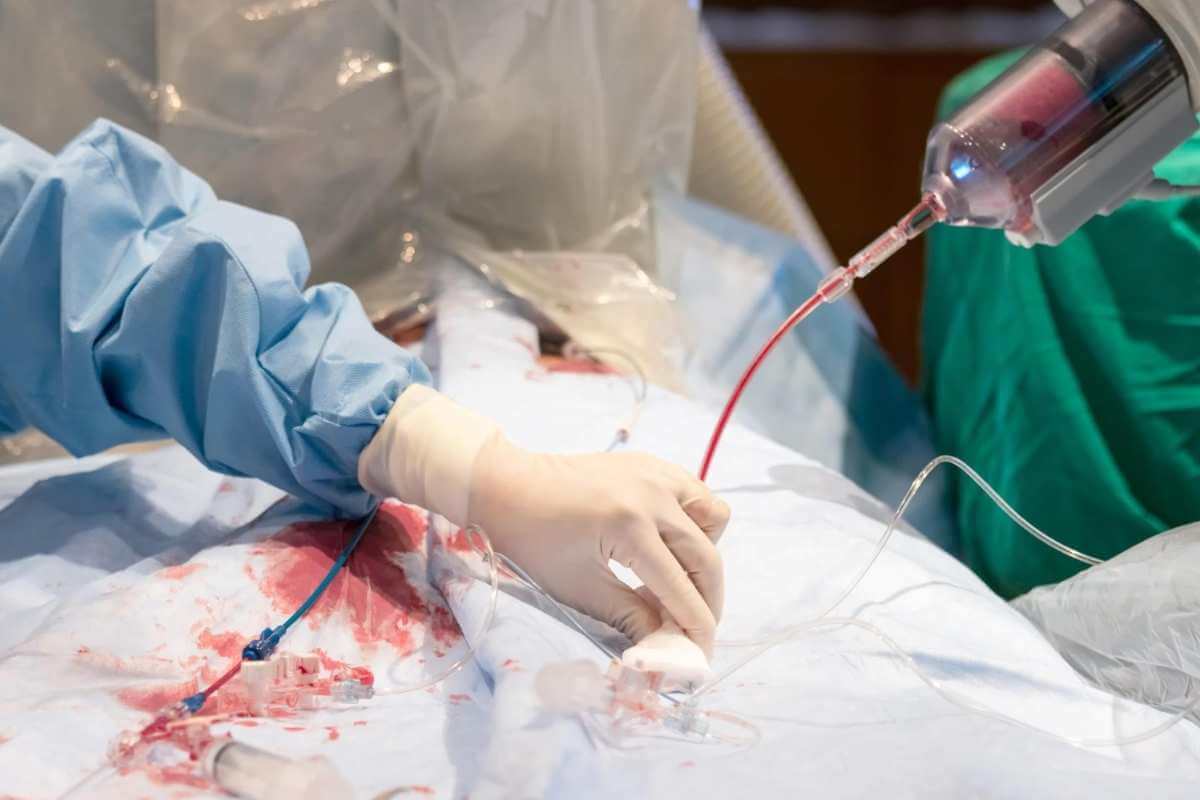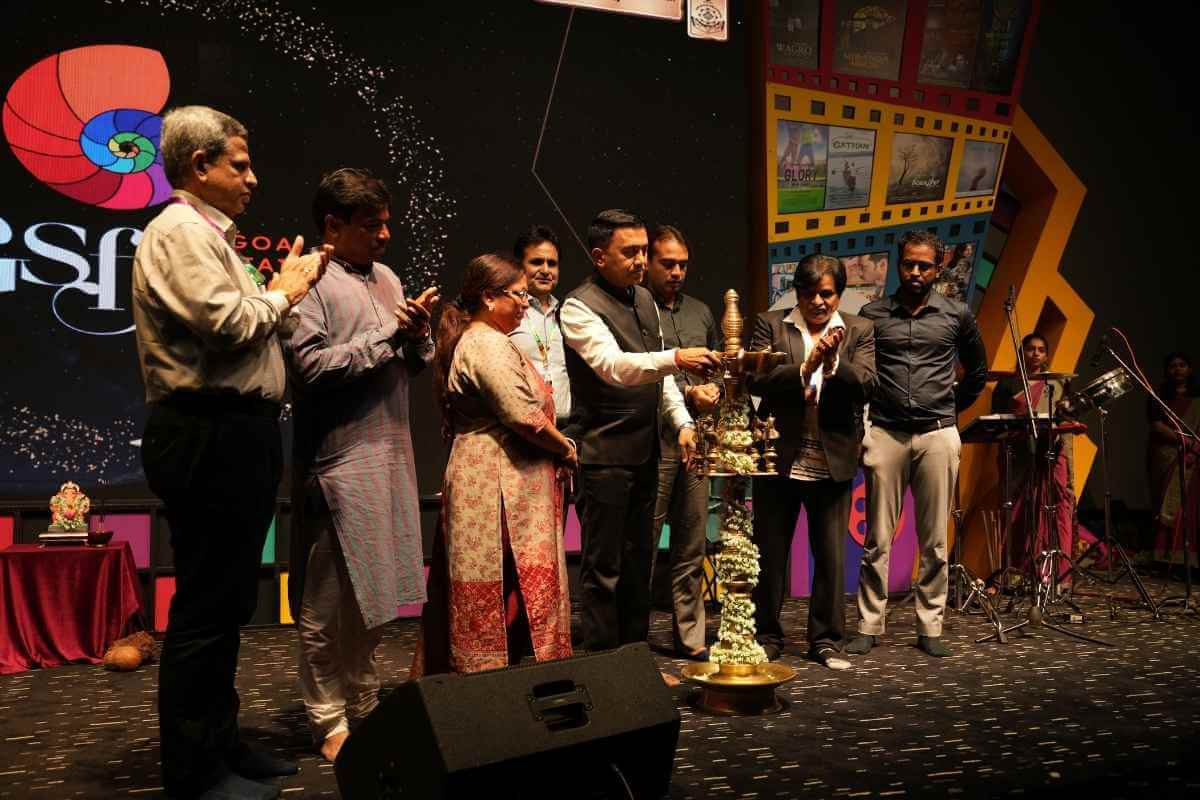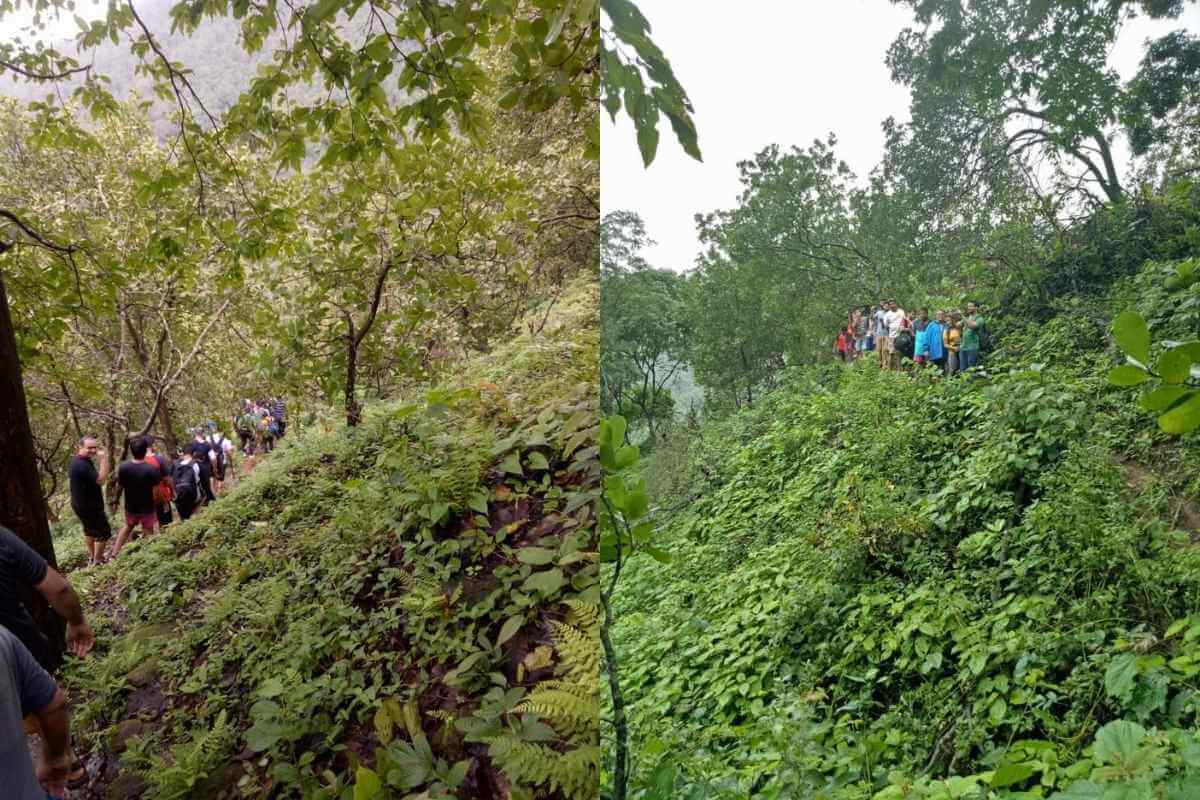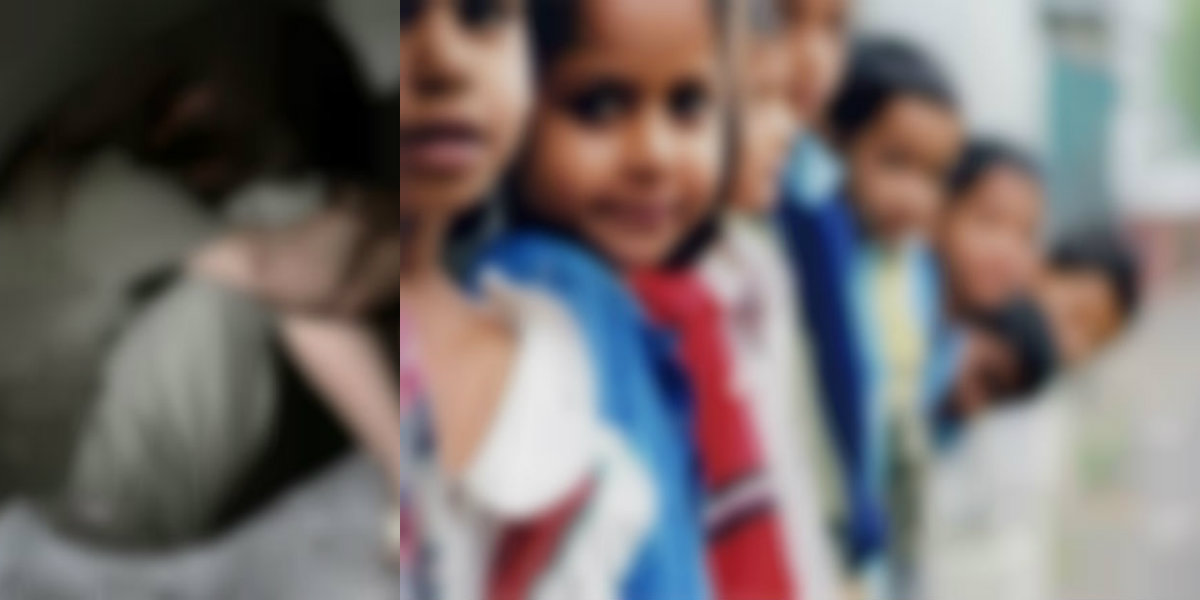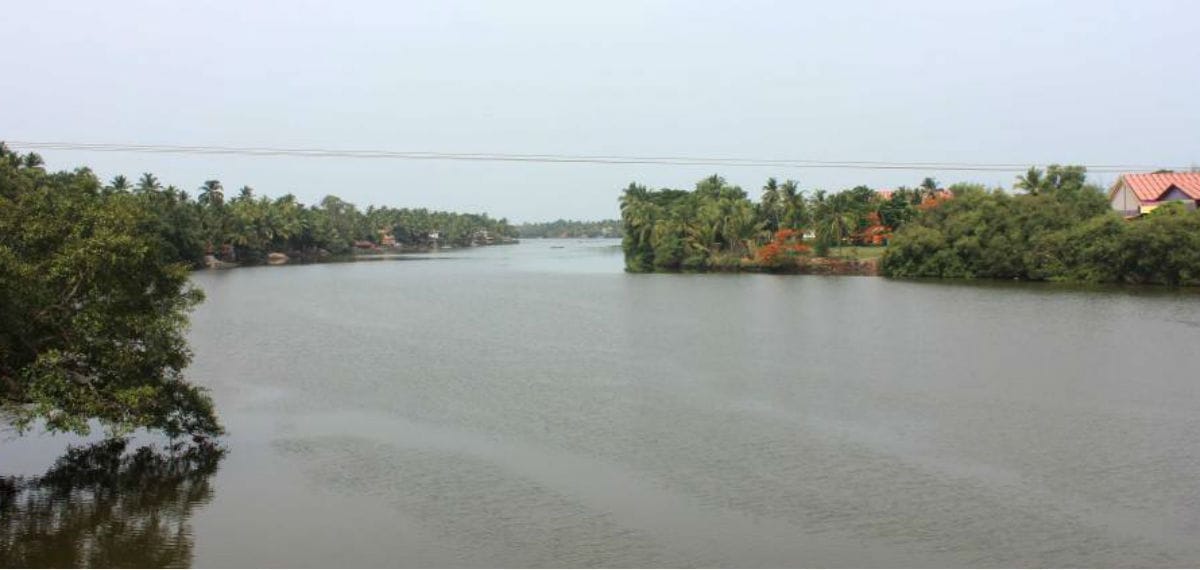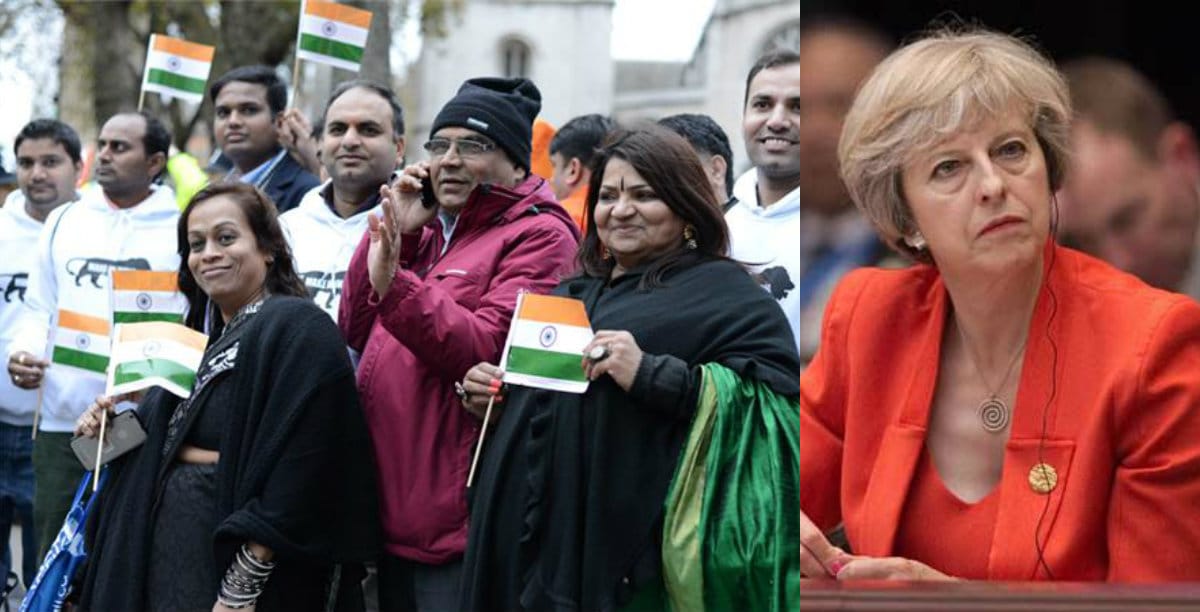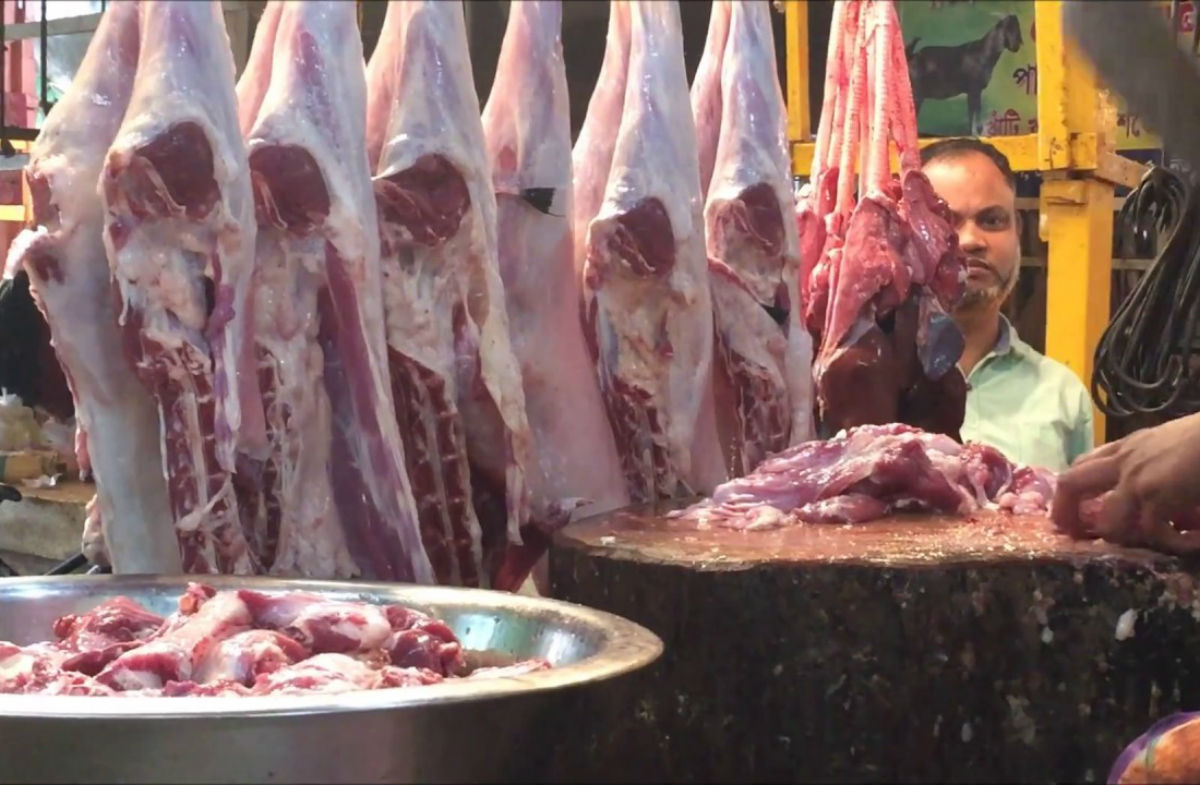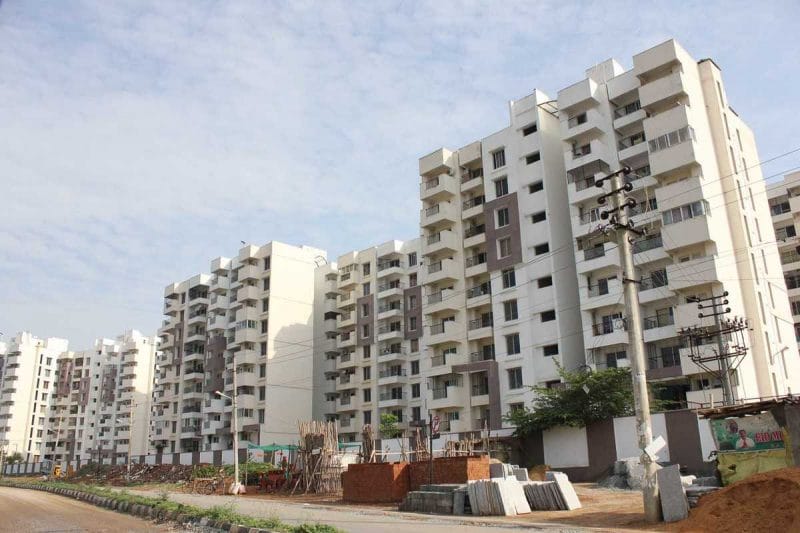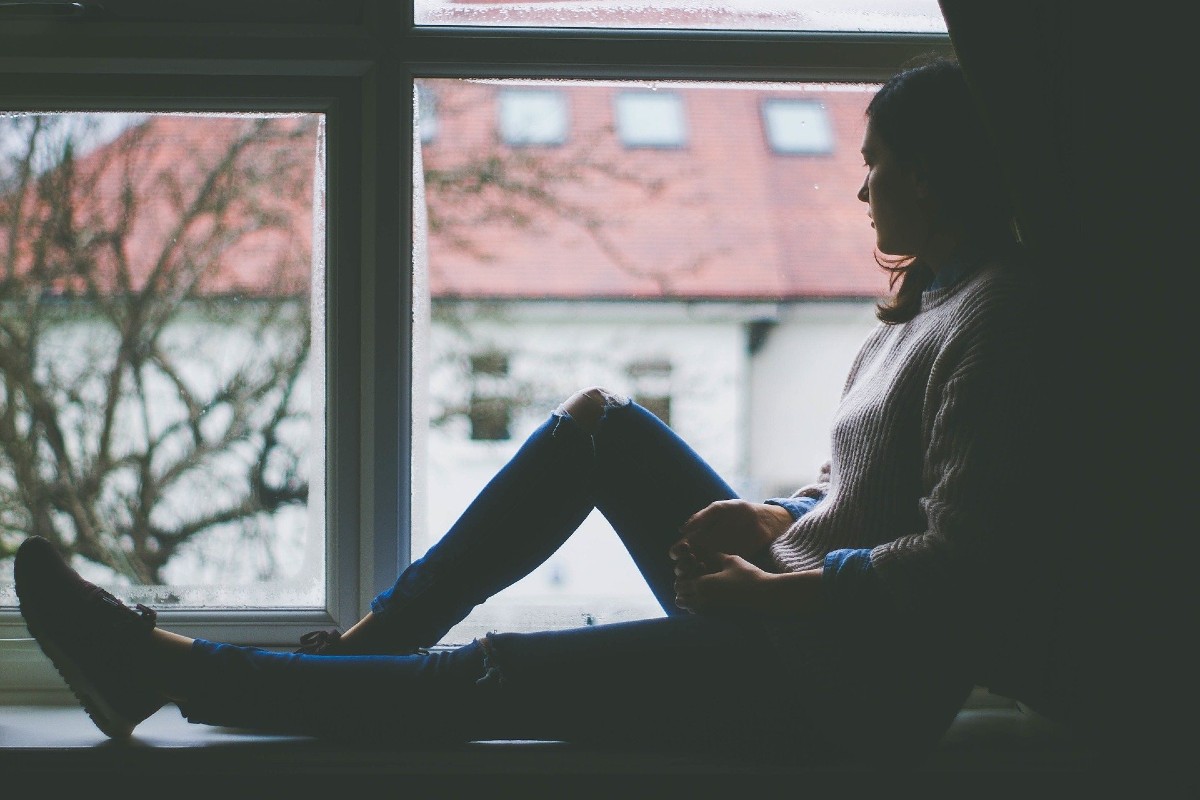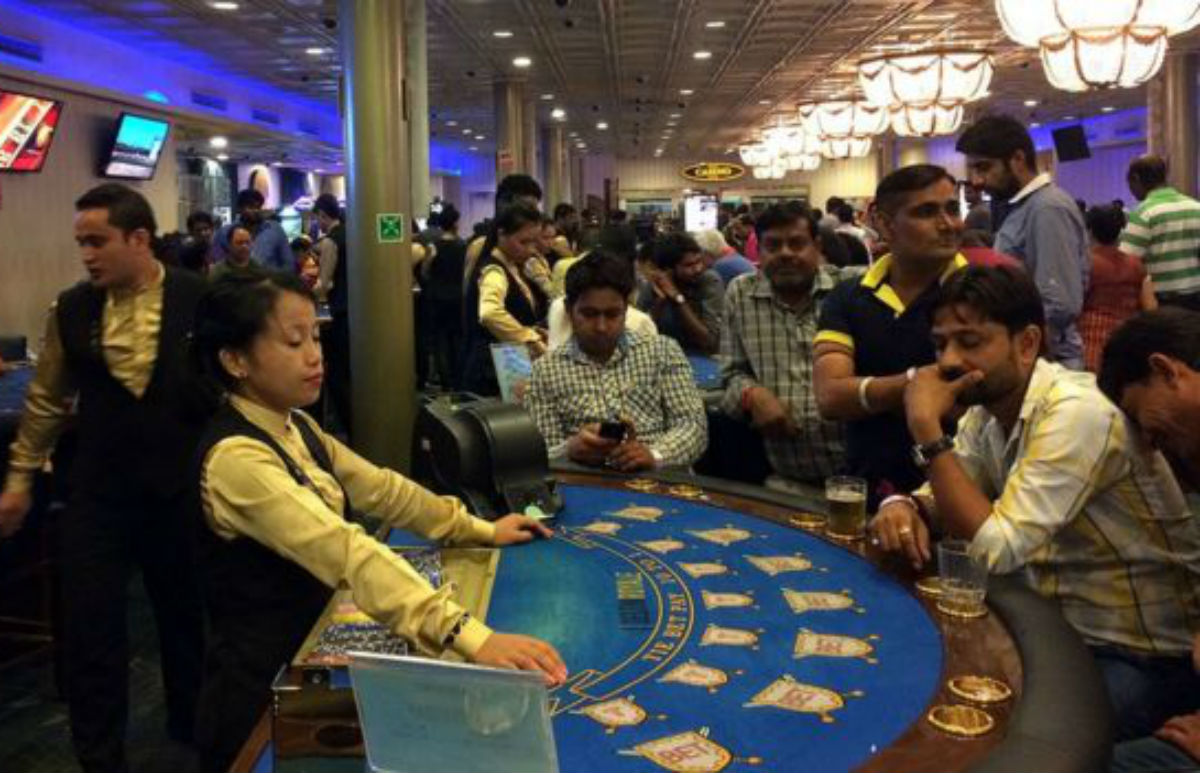Goa is for the Goans. But that does not mean that you have to be born in Goa to become a Goan. On the contrary, every person who contributes to the social, financial or political arena of Goa can be considered to be a Goan. Here I am talking about the person who belongs to Kerala but his Karma Bhumi (place of work) is Goa. He has spent all his life working towards the betterment of the slum dwellers in Goa and today he runs a most successful and self-sufficient NGO called El-Shaddai. Yes, I am talking about Matthew Kurian, who is also known as the Saviour of the slum dwellers in Goa.
A Hotel Management graduate, Matthew came down to Goa from Kerala in the year 1993 with a mission to work for the drug addicts and alcoholics. Sounds weird right? But there is a very interesting story connected to this move of his and you will surely be surprised after reading that. Matthew admitted that he was himself a drug addict once, but later he came out of that habit and decided to work for the betterment of alcoholics and drug addicts. “I started drugs when I was very young. I was on drugs for more than 8 years and I used to take all types of drugs including hash and other variants. My life was a total mess just like any other drug addict. But soon I realized that if I remained in this habit, it was not going to take me anywhere. So by the age of 22, I quit all types of drugs, joined back to my college, completed my graduation in Hotel Management and started live a sober life,” said Matthew recalling his dark past.
 The story behind Matthew’s migration is no less interesting. “Before coming down to Goa I had heard many stories of drugs in Goa and of people suffering from drug habits and alcoholism. They needed help to restart their life,” he said, adding that during those days there was no awareness about drug addiction and rehabilitation and just a few NGOs were taking care of drug addicts, as the government did not have anybody to take care of the situation. “Nowadays people can take drugs and still lead a normal life because they are educated, but back then people weren’t educated about the drug menace; anyone taking drugs could be considered as a loser and would consume gazillion amounts of drugs.”
The story behind Matthew’s migration is no less interesting. “Before coming down to Goa I had heard many stories of drugs in Goa and of people suffering from drug habits and alcoholism. They needed help to restart their life,” he said, adding that during those days there was no awareness about drug addiction and rehabilitation and just a few NGOs were taking care of drug addicts, as the government did not have anybody to take care of the situation. “Nowadays people can take drugs and still lead a normal life because they are educated, but back then people weren’t educated about the drug menace; anyone taking drugs could be considered as a loser and would consume gazillion amounts of drugs.”
Matthew started working at IPHB in Altinho, presently in Bambolim alongside Goa Medical College. “My journey in Goa began with IPHB in Bambolim, Kripa Alcohol Centre which housed men, and a de-addiction centre Mapusa which was under the Asilo Hospital to get people out of drugs. In the middle of all this, I came across a group of people called Lamanis through a boy named Kamen.” He took a pause to explain, “The Lamanis are supposed to be immigrants who hailed from Karnataka and came down to Goa to earn their living.”
According to Mathew, the bizarre dressing style of Lamanis created a deep curiosity in him and he set out to know them to the clustered areas of slum situated in Karaswada and Sinquerim. “I discovered that these people had never been to school, they were mistreated, had socio-economic problems and they stayed in a filthy place. I interacted with them and found them to be a friendly group of people,” narrated Matthew. Following the meeting with the Lamanis in Goa, Mathew went to their native place in Karnataka called Thandas. “Lamani is a tribal group which is outcast from the common village. I felt pity for them and decided to help them as much as I could. I taught them about family planning, hygiene, prenatal care for women and the importance of education,” Matthew added.
 Matthew was doing all this as a charity. Hence he decided to register his charity as an NGO and in the year 1997, he registered El-Shaddai NGO. “I gathered friends and convinced them to help me in terms of charity or other needs. I arranged for health camps, fought few battles in the government offices, and got the fundamental necessities for the Lamanis. It is difficult to get the adults out of their filth so I worked to improve the future of the upcoming generation. By now you can see all the children going to school and being successful in their life. It is a proud feeling for me,” he said with pride written all over his face.
Matthew was doing all this as a charity. Hence he decided to register his charity as an NGO and in the year 1997, he registered El-Shaddai NGO. “I gathered friends and convinced them to help me in terms of charity or other needs. I arranged for health camps, fought few battles in the government offices, and got the fundamental necessities for the Lamanis. It is difficult to get the adults out of their filth so I worked to improve the future of the upcoming generation. By now you can see all the children going to school and being successful in their life. It is a proud feeling for me,” he said with pride written all over his face.
Matthew comes from a communist-social background where people helped the downtrodden, and that kept him inspired to help those in need. “Coming from a Catholic family I always desired to be a priest. I saw my cousin getting ordained as a Franciscan Priest. My cousin introduced me to St. Francis of Assisi who inspired me to become a priest. I was in awe when I read about his life and journey. St Francis belonged to a rich family but he gave up his wealth, luxury and family for God and led an assorted life,” said Matthew, adding that he joined the seminary after the completion of his high school. “But it turned out to be an entire system of deceit. I found myself drifting away from God and the church; I became an atheist and left. I stopped going to church, stopped believing that there is a God because now I saw it as a web that trapped poor and innocent people while the crooks got rich.”
Matthew feels that people are embedded with the thought of “fear of God” to control them. Everything in the world works in the name of ‘God’ but at the end, we know who reaps the wealth and faces the drought. But that did not keep Mathew away from God for long. The young man who was completely consumed by drugs became a different person at the age of 22 when he has introduced to God again through a charismatic meeting held by a Goan priest Fr. Jeno Rodrigues. “His words brought me closer to God and I started believing Him; I can say I was touched by God. I was more of a rebel; I did not follow an organized religion because it seemed more about controlling and manipulating the crowd,” says Mathew.
Matthew Kurian, who comes from a fairly rich family, always had a soft corner for the poor and downtrodden. “I saw the Lamanis and felt sorry for them. Having lived a luxurious life, I often looked down at poor people and thought they were dirty and a nuisance to society. But as times went by I matured and brought myself to help the poor. I decided to build a school for the Lamani children and asked the families to contribute the least they could. With some money in hand we built a small school and taught them basic alphabets and numbers,” said Matthew.
 Although Matthew started the task of bringing the Lamani children back to school, it was not an easy task at all. “They came from an extremely backward society where alcoholism and unhygienic conditions were rooted in their environment. As I mentioned earlier changing the adults was of no help. Hence I decided to concentrate on the development of children,” he said, adding that while he was in the process of building a school, he came across an English Lady Anita who was in Goa on vacation. “She had apparently heard about me from a former schizophrenic drug addict, whose life had changed with my help and who now worked at a beach shack. She contacted me and arranged for a meeting. She wanted to see my work so she asked me to take her along to the slum areas. After the tour, she expressed her desire to help the poor and told that she wanted to work with me,” Matthew narrated.
Although Matthew started the task of bringing the Lamani children back to school, it was not an easy task at all. “They came from an extremely backward society where alcoholism and unhygienic conditions were rooted in their environment. As I mentioned earlier changing the adults was of no help. Hence I decided to concentrate on the development of children,” he said, adding that while he was in the process of building a school, he came across an English Lady Anita who was in Goa on vacation. “She had apparently heard about me from a former schizophrenic drug addict, whose life had changed with my help and who now worked at a beach shack. She contacted me and arranged for a meeting. She wanted to see my work so she asked me to take her along to the slum areas. After the tour, she expressed her desire to help the poor and told that she wanted to work with me,” Matthew narrated.
According to Matthew, he did not have any plans of starting a charity home and it was Anita who gave him this idea. “She told me to set up a charity home and she would look after the fundraising strategies. We set up a charity home in 1997. Most of the funds came from the flea market which attracts many tourists. We have a special place in the market which is occupied by us during the season time. We have had generous contributors who helped us and supported us throughout our journey, so we expanded our care to a different place. As of now, we have helped more than 3,000 children in our care. In 25 years we have helped around 70, 000 children and 40,000 families in Goa, Karnataka, and Chennai,” he added.
Today El-Shaddai does not only help the children to grow in their studies and life but it is also helping in women empowerment. It empowers women abused by their alcoholic husbands. According to Matthew, a woman is the powerhouse of a home. The section of a society that he deals with is filled with men who are alcoholic and the families are run by the women. “We live in a society where women and men are not equal, and I want to teach the women to make decisions on their own, earn on their own and empower themselves. I believe woman and man are equal and they need to be empowered, and the same goes for the children; I want the woman and child to have a vision of their own,” he averred.
According to Matthew, the government did not support his venture and whatever they did give was peanuts. “In the past, we received some grants from the government, but there were no programmes as such for the children. The Women and Child Welfare Authority gave Rs. 5 per day per child which was absolutely insufficient. They set up a scheme called ICPS ( Integrated Child Protective System ) which was a centrally sponsored scheme aimed at building a protective environment for children in difficult circumstances, as well as other vulnerable children, through Government-Civil Society Partnership. According to the scheme, each child was supposed to get Rs. 2000 per month but no one received their money. The government as a whole was not helpful. But some individuals helped the NGO grow, gave their support and charity to the charity homes.”
 The path on which Matthew was travelling was not easy at all, and it is obvious he would have had to face a lot of opposition from the locals. “Most of the children under my care are migrants; hence it created hatred in the minds of the locals for me. I believe Goans fear that outsiders come to their state and take their land from them. Once I was also accused of getting migrants in the state. But what the people here don’t understand is that these children are innocent and underprivileged. They are vulnerable and need help to come out of the muck,” said Matthew, adding that his NGO did not support only the Lamanis but many Goans too, who belonged to poor and backward classes. “The irony here is that the Goans don’t want outsiders, the ‘Ghantis’ to come, and yet they are entirely dependent on them. If you look around, you will see all the Ghantis doing our labour jobs, all our municipality workers are immigrants, our maids, construction workers and so on. In states like Mumbai, Kerala, and Goa which are flooded with outsiders, people are totally dependent on them for all sorts of labour jobs. But the problem in Goa is that the migrants are the ones who need more help while the locals feel animosity towards them and thus decline to help. In the rest of the states, locals and migrants don’t have an issue. But then, there are many people who are always willing to help.”
The path on which Matthew was travelling was not easy at all, and it is obvious he would have had to face a lot of opposition from the locals. “Most of the children under my care are migrants; hence it created hatred in the minds of the locals for me. I believe Goans fear that outsiders come to their state and take their land from them. Once I was also accused of getting migrants in the state. But what the people here don’t understand is that these children are innocent and underprivileged. They are vulnerable and need help to come out of the muck,” said Matthew, adding that his NGO did not support only the Lamanis but many Goans too, who belonged to poor and backward classes. “The irony here is that the Goans don’t want outsiders, the ‘Ghantis’ to come, and yet they are entirely dependent on them. If you look around, you will see all the Ghantis doing our labour jobs, all our municipality workers are immigrants, our maids, construction workers and so on. In states like Mumbai, Kerala, and Goa which are flooded with outsiders, people are totally dependent on them for all sorts of labour jobs. But the problem in Goa is that the migrants are the ones who need more help while the locals feel animosity towards them and thus decline to help. In the rest of the states, locals and migrants don’t have an issue. But then, there are many people who are always willing to help.”
According to Matthew, his whole focus at the moment is on teaching children to make themselves capable of dreaming big and building self-confidence. “According to me, our education system is a leftover from the British – meant to yield only coolies, clerks and supervisors. The main motive of the education system should be to teach children to learn for themselves. Even though we are growing with times, we are not changing our old education to the present times. We still follow the old classroom system, our portion is centuries old and it is not helping the children to inculcate qualities such as decision making, negotiating and building self-confidence. Our schools have a very negative environment where children study with the idea that if they do wrong they will be punished. On the contrary, children should be taught to make mistakes and learn from it on their own. People with double degrees are still not confident about themselves. In El-Shaddai we teach the children to build their self-confidence, take decisions and dream. Children from El-Shaddai have gone to become very successful, earning and working in Germany, London, America, and various other countries.” he narrated.
Matthew has created a league of the downtrodden, who have achieved a great amount of success, and they keep coming down to visit the shelter and also contribute voluntarily for the good cause. “Personally, I want them to make a life of their own and be happy and successful. Nevertheless, many of my children are in touch with me. One can only be charitable when the basic needs of the self-are met. In India people had not been able to make any charity because we ourselves were poor and would usually load till we were content,” said Matthew, adding that from the past few years they have seen a growth in donations from India. “That shows that we are developing. In our country, people can raise funds in the name of God, but when it comes to giving to the poor, people hesitate and the reason behind this is our culture where we believe that those who are poor and needy are from the lower caste. Our culture has taught us to hate the lower caste people. But now as civilized people, we should understand that all the sections of the society make the community.”
Matthew feels that India’s biggest problem is poverty and slums. “We have millions of people staying in slums and these slums give birth to criminals, robbers and all unpleasant workers who do illegal work. Development takes place in an area unmindful of the slums. For example, Mumbai is a place wherein all the important businesses and industries are set up. Even consider Delhi – all the states are dependent on Delhi. Now notice this – Delhi and Mumbai have the highest number of slums in the country,” He narrated.
 According to Matthew, to prevent the slums from growing further, the government should not allow congregation development in just one area. Development needs to take place everywhere because slums become breeding grounds for diseases and criminal activities. Presently, Matthew has stepped down from the NGO and he is only working as a policymaker for the charity. “My wife looks after the NGO as she is the managing director of the same. I am a family man so my family comes first. However, I have plans for the old people too. Just like women and children, senior citizens are also victims of the society. They are exploited and mistreated by their children and finally left in old age homes alone. I am aiming at building a different kind of Aged Home wherein they can rejuvenate and live a happy life in their old days. Almost everything is ready for the Aged Home; I call it Moksha. I am also planning to start Senior Citizen’s clubs which will activate a sense of living in the hearts and minds of people so that they don’t feel old.”
According to Matthew, to prevent the slums from growing further, the government should not allow congregation development in just one area. Development needs to take place everywhere because slums become breeding grounds for diseases and criminal activities. Presently, Matthew has stepped down from the NGO and he is only working as a policymaker for the charity. “My wife looks after the NGO as she is the managing director of the same. I am a family man so my family comes first. However, I have plans for the old people too. Just like women and children, senior citizens are also victims of the society. They are exploited and mistreated by their children and finally left in old age homes alone. I am aiming at building a different kind of Aged Home wherein they can rejuvenate and live a happy life in their old days. Almost everything is ready for the Aged Home; I call it Moksha. I am also planning to start Senior Citizen’s clubs which will activate a sense of living in the hearts and minds of people so that they don’t feel old.”
On a parting note, Matthew revealed that the need for change is starting right from the youth in our country. Only the younger generation can change the society. “I want to tell the younger generation to work hard and be adventurous, take challenges and be fearless. The younger generation should grow up with social concern and at the same time earn their living through hard work and determination. We should have compassionate young people who are successful and aware of their surroundings.”






